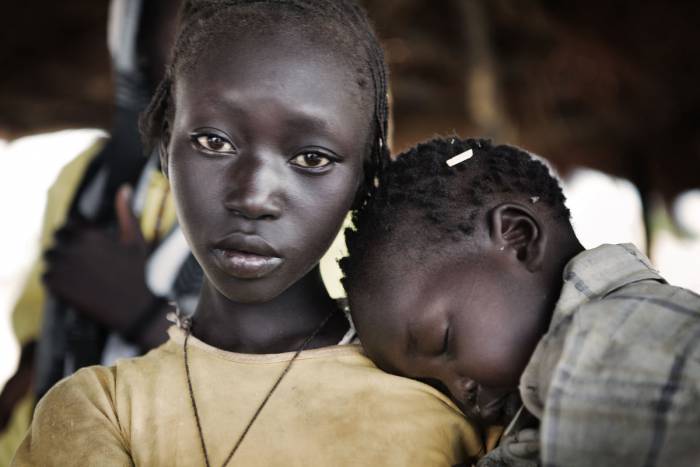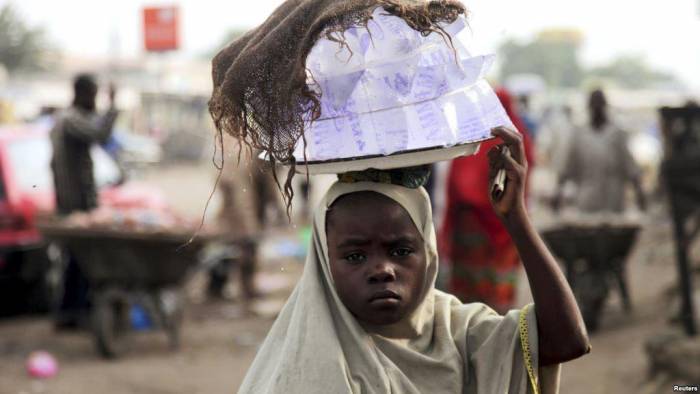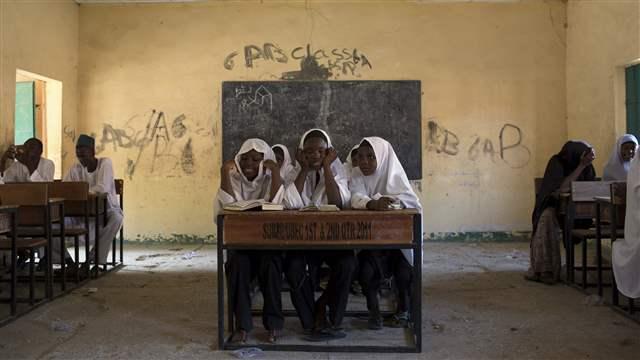
source
Around the world, there are millions of children who are unable to attend school. The most common reasons for this are: females being barred from education, young girls being forced into child marriage, kids being forced in labor, limited resources, and conflict. The last factor has had a huge impact lately – in 22 conflict-ridden countries affected by conflict, there are nearly 24 million children who cannot attend school. An analysis by UNICEF found that about 25% of the 109.2 million children of primary and lower secondary school age – between six and 15 years old – living in conflict areas are missing out on education.
The countries most affected
South Sudan is home to the highest proportion of out of school children with over half (51%) of primary and lower secondary age children not accessing an education. The country’s year-long has driven hundreds of thousands of children from their homes, schools and communities and subjected them to violence, malnutrition, and disease. Niger is a close second with 47% unable to attend school, followed by Sudan (41%) and Afghanistan (40%). In Nigeria, 40% of children aged 6-11 do not attend any primary school. The Northern region recorded the lowest school attendance rate in the country, especially for girls. There has been a big increase in enrollment rates during recent years, but an estimated 4.7 million children of primary school age are still not in school. It should be noted that collecting data on children living in conflict zones is difficult, so the numbers may even be underestimating the situation.

{adinserter CNP5}
These children are being deprived of opportunities
“Children living in countries affected by conflict have lost their homes, family members, friends, safety, and routine. Now, unable to learn even the basic reading and writing skills, they are at risk of losing their futures and missing out on the opportunity to contribute to their economies and societies when they reach adulthood,” said UNICEF Chief of Education Jo Bourne.
Education is often a key factor in alleviating poverty. Not only that but in times of conflict, schools are a safe environment for children; they provide stability and structure and allow them to have some normalcy in their lives.

Education efforts are underfunded
Despite its importance, education is one of the least funded sectors in humanitarian efforts. In Uganda, UNICEF is providing services to South Sudanese refugees, and education faces an 89% funding gap. Executives of the international organization worry that if education is not made a priority, there will be an entire generation without skills needed to fuel the country and economy. This will affect the future of the countries these kids live in.
“School equips children with the knowledge and skills they need to rebuild their communities once the conflict is over” Bourne said. “Schools can also protect children from the trauma and physical dangers around them. When children are not in school, they are at an increased danger of abuse, exploitation and recruitment into armed groups.”

SEE ALSO: 1 Million Children Cannot Go To School Because Of Boko Haram.







